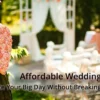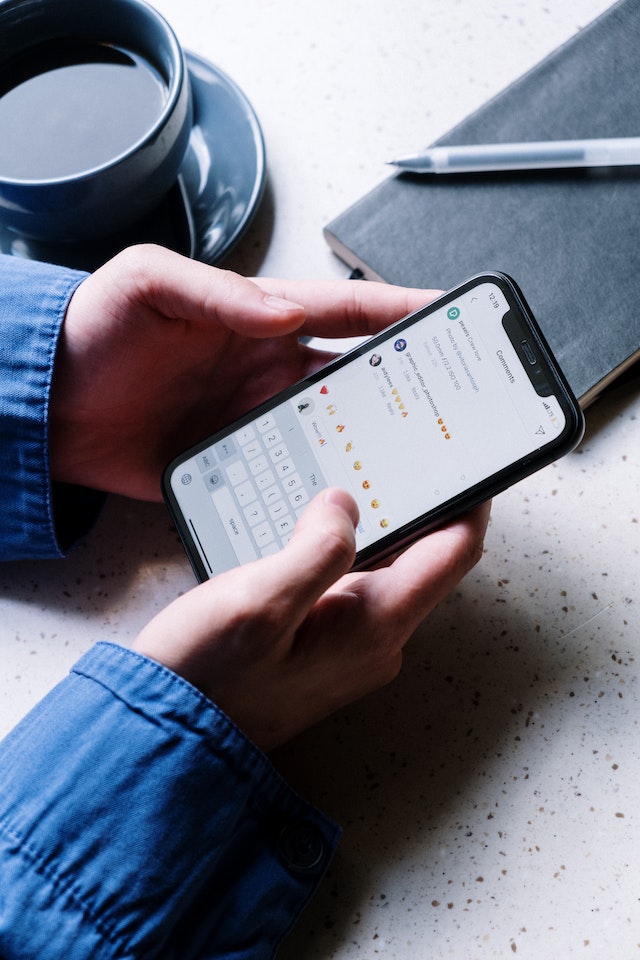Today more than ever, brands need social media to ensure that their mission and values are conveyed correctly. One of the most effective ways to respond to this need is to surround yourself with a community that shares the same values.
Facebook groups are the best personal and brand community tool: they encourage interaction and sharing of content, motivating users to be part of a big family. Build a strong community through buy facebook likes UK with loyal people.
Table of Contents
Why it’s important to create a community
Already in 2018, Mark Zuckerberg announced that the Facebook team would be committed both to offering users valuable content and to promoting content coming from Facebook Groups and Pages preferred by the user himself. Later, in 2019, Facebook itself confirmed that it would offer an increasingly personalized interaction experience with Groups and Pages.
This means that having a community of people who follow you and are actively engaged in your Facebook group can greatly increase the visibility of your brand.
Facebook is a networking platform aimed at enriching social interactions. For this reason, the tone you decide to take within groups will also determine the quality of the connections established. For example, if you are targeting a community of entrepreneurs, it is very professional to write posts during non-working hours, such as in the morning and after office hours.
Types of Facebook groups
If you’re reading this article, you’re probably looking to build a community for your brand and are considering using Facebook Groups. First of all, whether you have a small or already established brand, you must start from your audience and the choice of the latter is essential to allow you to engage an audience targeted to your objectives.
What are the reference values of your community?
By answering this question, you will be able to create a group associated with your company, publish valuable content for the community, and possibly position yourself as a thought leader for the company’s image. In this way, you will be able to build a loyal community and network with people linked by the same mindset as your brand.
You also have an opportunity to build strong relations on Twitter, SmmStore best point to buy twitter followers Uk with engaging people.
For example, if you own a small organic beauty store and create a group where you only talk about what you sell, you may find it difficult to build loyalty with a large community. However, if you created a Facebook group where users can freely exchange tips on how to use products, talk about the benefits they find when applying a cream, or discuss the staying power of a lipstick, you could generate much more interest. This is because Facebook groups are an indirect vehicle for promoting your brand and your products, they are based on trust between independent users who must carry forward the values of your brand in an organic way.
What to define before opening a Facebook group
Creating a Facebook group is not difficult. To maintain continuity with your brand, you can also create the group from the brand’s Facebook Page. Alternatively, you can open a group as an individual, from your user profile. In both cases, it is critical to establish privacy settings, visibility, and community guidelines.
A public or private group, what changes?
Like a personal profile, Facebook groups also have privacy settings. Since you can only change visibility options every 28 days, it’s important to think carefully before setting your settings. There are two types of groups: public and private; for private groups, there are two subcategories, visible and hidden. Here’s what you need to know:
- Public Group – Anyone can search for it, find it, read its posts, and see the list of members
- Private Group – Only group members can see posts and member list
- Private + Visible = anyone can search and find the group using keywords, or by searching the group name directly. Only members can see their posts and member list;
- Private + Hidden = Only group members or people invited to join the group can find it, read its posts, or see its member list.
Whether you decide to create a public or private group, you can manage new member access in the settings. In fact, each group administrator will be able to manually accept or refuse access for each individual member, as well as leave the entrance fee. Obviously, depending on the number of members, it will be up to you to decide how much time to dedicate to this activity.
One strategy for moderating the approval of new group members is to upload a list of emails that you want pre-approved in your settings. Or, to avoid receiving numerous “spam” registrations, you can leave subscribers hanging until they respond to a questionnaire. These questions will serve to filter both the most interesting and interested users in your group and to prevent the registration of automatic bots.
Guidelines – Creating a Netiquette
It is not a given that all members of a Facebook group respect the basic ethical rules of coexistence. Indeed, we all know that it becomes increasingly difficult to manage the conversations that arise between the comments themselves on a post. Having well-defined guidelines, a real behavioral netiquette will protect users from a double point of view.
First, they will know that they are in a respectful environment that is moderated appropriately by administrators. On the other hand, the more “exuberant” users will preventively avoid bad conduct since they would risk, by written regulation, being expelled from the community.
The guidelines can include various points and be more or less specific. Here is an example of Facebook group rules :
- Don’t use discriminatory language;
- Do not write in BLOCK CAPITALS, in digital language it is equivalent to shouting;
- It is forbidden to promote, without prior approval, your business (sale of products or services) on the group;
- Please only write posts related to the main topic of the group, any off-topics must be duly reported by the hashtag #OT;
- Members who do not follow the rules will be removed from the group.
Obviously, you can customize the guidelines to your liking and according to your needs. The important thing is to safeguard the interest of the entire community (and of those who manage it!)
All you have to do is get started!
Once you have defined the initial settings, all you have to do is start the conversation. Start sharing everything you care about while keeping your goals clear, and don’t forget to promote interaction between users. It is good practice to maintain a constant pace of publishing and managing posts, but don’t forget that it must be sustainable for you over time.
Before a real community is defined, pay attention to the type of content and interaction that will be published by users. Try to understand what works more and what works less and work on both paths, promoting a type of post in the first case and improving some aspects in the second case.
If you’ve already taken a look at the competitors in your niche, what are you waiting for? Get started today and create your own Facebook Group!









